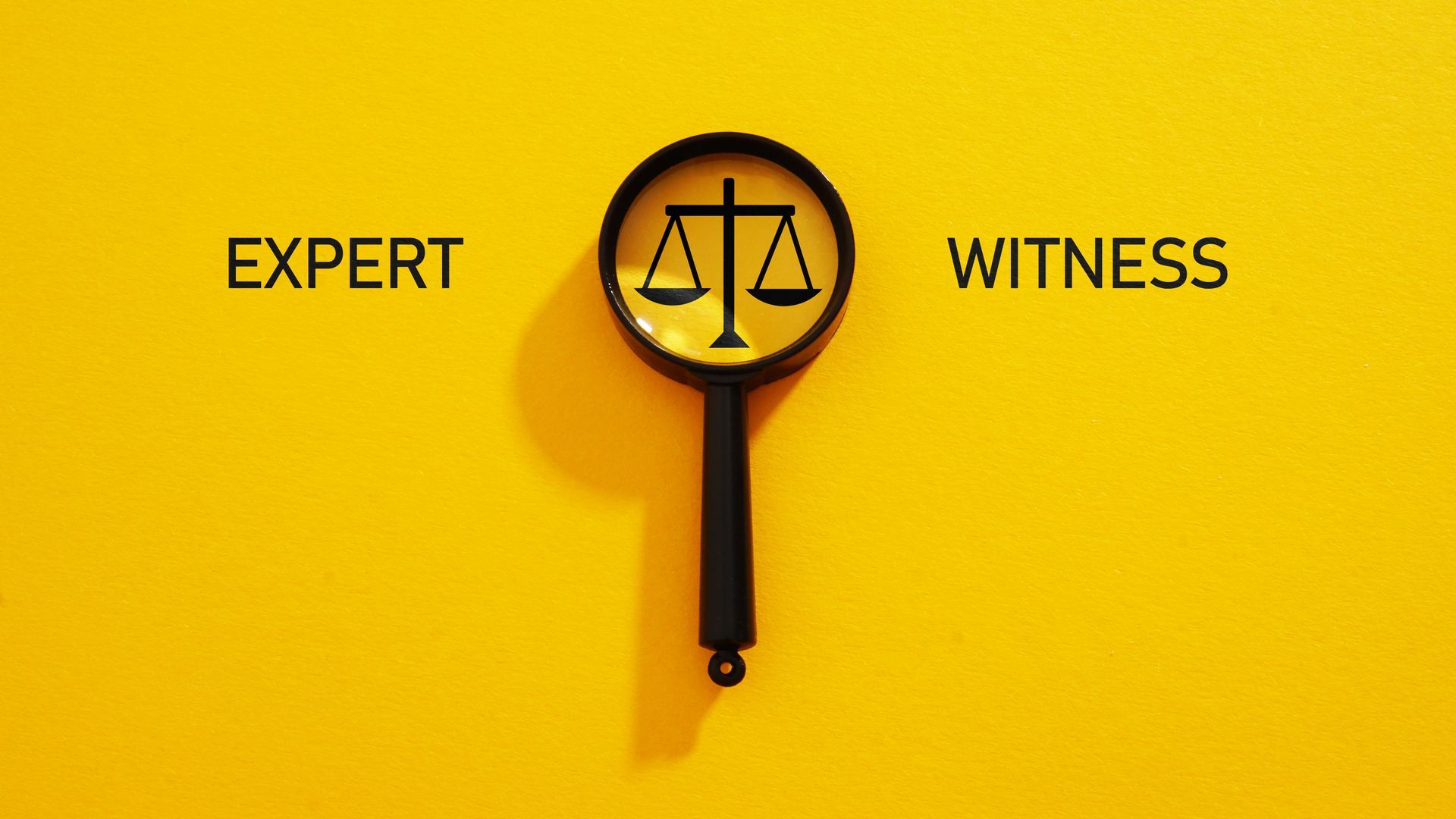Consequences of Criminal Impersonation

Criminal impersonation laws make it a crime to falsely represent oneself as another person or entity. These statutes aim to protect against the harms of deceptive impersonations, addressing scenarios where individuals use someone else's name, identity, credentials or persona to deceive for personal gain, to cause harm, attain financial benefits, cause reputational damage or evade legal duties.
Criminal Impersonation
A classic example of criminal impersonation is someone posing as a law enforcement officer, complete with a uniform and badge, to exert authority or gain access to restricted areas.
Having a fake badge and uniform is not necessarily a requirement for being charged with impersonating law enforcement. If a driver in a road rage incident threatens another driver with arrest or violence, claiming they are undercover, off duty or plain clothes law enforcement (like this recent incident near Flagstaff), the impersonator can still be arrested – even without fake credentials or a uniform. This type of impersonation can lead to serious abuses of the civil liberties of others and create public safety concerns.
Another instance might be impersonating a medical professional in a healthcare setting, which could have dire consequences for patient care and trust in medical institutions.
Identity theft and criminal impersonation are related but distinct concepts in legal terms. Identity theft involves stealing someone's personal information and using it for gain, typically financial. It's a broader term that covers various activities like fraudulently using someone's credit card information or social security number.
Criminal impersonation includes crimes like posing as someone else to gain financial access, such as withdrawing funds from their bank or applying for credit. This type of identity theft can wreak havoc on the victim's finances and shatter their sense of security and privacy.
Impersonating Public Servants
When an individual falsely assumes the identity of a public servant they can potentially use the false perception of authority to take advantage of individuals or the system’s legitime powers. This form of deceit not only compromises the integrity of public service but also places the community at risk by delaying or obstructing the provision of essential services. Legal systems typically address such acts with rigorous penalties to deter this breach of public faith and maintain the sanctity of civil service roles.
In Arizona, it is against the law to impersonate any public servant. This includes a wide range of professions, including:
- Police officers or law enforcement agents
- Firefighters or emergency medical personnel
- Judges or court officials
- Elected officials, such as mayors or council members
- Government agency employees, such as those from the DMV or IRS
- Public school teachers or administrators
- State or federal inspectors or investigators
- Notaries public
It's important to note that this list is not exhaustive. In general, impersonating any individual who holds a position of public trust or authority, whether at the local, state or federal level, is considered a serious offense in Arizona.
Criminal Impersonation Online
The legal boundary between satirical impersonation allowed by the first amendment and criminal impersonation has become increasingly blurred thanks to social media. Content creators hoping to go viral assume various personas, often without considering the potential legal implications. It’s a trend that brings to light the issue of criminal impersonation, a serious legal matter that steps beyond the realm of digital jest.
What Happens After a Criminal Impersonation Charge?
Criminal legal proceedings typically involve several key stages, including arraignment, pre-trial motions, potential plea negotiations and possibly a trial. Each of these stages offers strategic opportunities and challenges. Criminal defense lawyers may use pre-trial motions to challenge the admissibility of evidence or explore plea negotiations that might provide a path to lesser charges or reduced sentencing. Skilled legal guidance can be vital during this lengthy and complicated process.
Understanding the Potential Consequences of a Conviction
Criminal impersonation (ARS 13-2006) in Arizona is a class 6 felony. The consequences of a criminal impersonation conviction vary based on the severity of the offense, but these felonies can potentially result in years of prison time, probation and steep fines. Courts may bring additional charges based on the criminal actions committed while impersonating an official. This could potentially result in much longer jail terms, larger fines or extended probation periods.
The impact of a conviction goes beyond these immediate penalties. Criminal charges can have lasting effects on an individual's personal and professional life, affecting employment opportunities, reputation and even personal relationships.
Strategies for Defense Against Criminal Impersonation Charges
Defending against criminal impersonation charges requires a tailored approach based on the unique circumstances of each case. A robust defense strategy often involves challenging the prosecution's evidence and demonstrating a lack of intent to deceive. For instance, if the impersonation was part of a performance or satire, proving this context can be central to the defense.
Another tactic involves examining the alleged harm or benefit resulting from the impersonation. In some instances, demonstrating a lack of understanding or knowledge can be a viable defense, especially if the accused believed they were acting within legal boundaries.
In cases where evidence against the accused is strong, negotiating plea deals can be your best chance to avoid harsh punishments. By agreeing to plead guilty to a lesser charge, the accused might receive a reduced sentence or other concessions. However, this decision should be made with careful consideration and legal advice, as it may involve waiving certain rights, including the right to a trial.
Take the Next Step: Contact the Law Offices of Michael Alarid III for Expert Legal Assistance
If you or someone you know is facing charges of criminal impersonation in Arizona, it's likely in your best interest to seek professional legal guidance promptly. The Law Offices of Michael Alarid III provides experienced legal defense in complex situations. Contact us to schedule a consultation.



